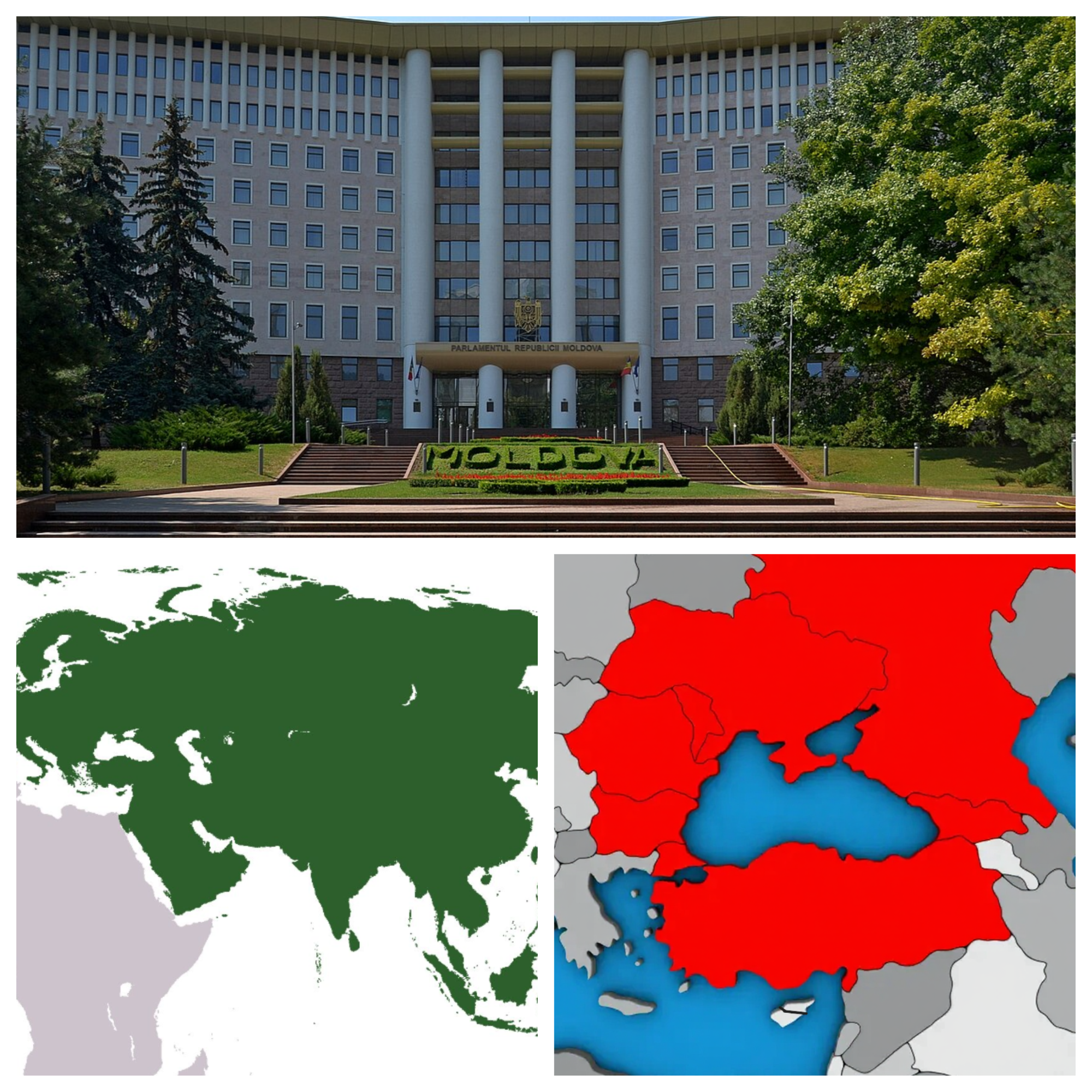
Moldova’s Post-Election Democratic Landscape
Moldova’s recent elections marked a turning point in the country’s democratic journey, confirming a victory for reformist forces that campaigned on transparency, European integration, and institutional renewal. The electorate’s pronounced shift toward parties favoring pro-European reforms signaled growing impatience with entrenched interests and foreign interference, notably the long-standing geopolitical tug of war between Russia and the European Union. While this result invigorated hopes for a renewed commitment to the rule of law, anti-corruption, and judicial reform, it also laid lingering vulnerabilities within Moldovan democracy [1].
The immediate post-election environment saw a surge in public expectation and a demand for tangible policy changes. The momentum behind civic engagement created an opportunity for government and opposition actors alike to address deep-rooted polarization and promote minority representation, long-time systemic challenges in Moldova’s pluralistic society. Yet, despite an optimistic atmosphere for democratic consolidation, there remain significant risks associated with fragile institutional architectures, political fragmentation, and the ever-present specter of external meddling. Progress toward a robust democracy will depend upon the durability of ongoing reforms, societal resilience, and the capacity of decision-makers to engage inclusively with diverse segments of Moldovan society[2].
Theoretical Framework: Constructive Eurasianism
To briefly remind, Constructive Eurasianism, which AVİM has long advocated proposes carefully balancing Western ties with Eastern opportunities, promotes regional cooperation across Eurasia, emphasizes strategic autonomy, and values stability and security.[3], Building upon Moldova’s democratic developments, our proposed framework of Constructive Eurasianism may provide a conceptual path for reconciling the country’s Western-oriented aspirations with its Eurasian geopolitical realities. Distinct from classical Eurasianist schools that emphasize exclusive civilizational blocks, Constructive Eurasianism envisions Eurasia as a cooperative system of interconnected and equal sovereign actors that transcend zero-sum rivalries. This perspective, grounded in pragmatism rather than ideology, advocates the pursuit of regional equilibrium through economic interdependence, diplomatic flexibility, and respect for cultural plurality [4].
Moldova’s position, situated between the European Union and Eastern frameworks such as the Commonwealth of Independent States (CIS) and the Organization of the Black Sea Economic Cooperation (BSEC), provides an ideal setting to observe this theory in practice.² Its evolving political identity reflects the interplay between domestic reform and strategic balance, mirroring the equilibrium principles that Türkiye actively applies in the Black Sea through mechanisms like BLACKSEAFOR and the Montreux Convention framework.³ The Constructive Eurasianism model integrates these multidimensional strategies. Privileging negotiation over coercion and inclusion over exclusion to strengthen domestic governance and guarantee the sustainability of democratic institutions. By viewing Moldova not as a fault line but as a bridge between systems, this theoretical lens contributes to building a cooperative and balanced Eurasian order rooted in stability and mutual recognition[5].
Moldova as a Balancer of Regional Stability
Following Moldova’s post-election democratic revival, the country’s evolving political architecture is exerting growing influence on the regional stability of the Balkans and the wider Black Sea basin. The consolidation of Moldova’s democratic institutions can contribute to a stabilizing effect across this interconnected geopolitical corridor, reinforcing principles of cooperation and equilibrium consistent with Constructive Eurasianism. Moldova’s resilience against polarization and its measured engagement between Eastern and Western frameworks may present a model for balanced policy approaches in other Eurasian states navigating comparable strategic tensions[6].
At the same time, Moldova’s delicate balancing act offers lessons both encouraging and cautionary. Its reforms highlight the opportunities of institution-driven modernization within a pluralistic society, yet also expose vulnerabilities: e. g. susceptibility to external manipulation, identity-based polarization, and ongoing sovereignty disputes such as Transnistria. For example, Moldova manages to institutionalize participatory governance and effective regional dialogue mechanisms. In that case, it can become a central link for stability from the Balkans to the Caspian basin, fostering the pragmatic cooperation envisioned by Constructive Eurasianism[7].
Policy Recommendations and Forward Outlook
Moldova’s democratic trajectory must be consolidated through calibrated domestic reforms reinforced by regionally aligned, Constructive Eurasianism. Sustaining democratic progress requires building strong, inclusive civil society networks that bridge ideological divides, together with greater support for independent media and institutional transparency. This approach deepens public trust and reflects the Constructive Eurasianism principle of governance through equilibrium rather than dominance[8].
Regionally, constructive diplomacy with Türkiye should be prioritized as a pillar of Moldova’s foreign policy. The growing Turkish-Moldovan partnership, represented by joint strategic programs and sustained diplomatic coordination may provide concrete avenues for socioeconomic development and collaboration on regional security and stability. A sustained dialogue based on mutual respect and shared strategic autonomy can help neutralize external destabilization risks emanating from competing great-power pressures. In this sense, institutions such as BSEC, projects led by TİKA, and expanding bilateral economic ties offer concrete mechanisms to advance Constructive Eurasianism through cooperative and institutional frameworks [9].
In the medium term, Moldova’s experience will likely illustrate that balanced partnerships, rather than rigid alignment, can secure sovereignty and growth. Thus, the Moldovan case may help advance Constructive Eurasianism’s theoretical evolution, transforming it from a reactive geopolitical idea into a forward-looking framework for inclusive and pragmatic regional cooperation built on stability and mutual understanding[10].
Conclusion
Moldova’s democratic evolution demonstrates Constructive Eurasianism’s practical value as a framework for balanced regional governance. Its ability to reconcile democratic reform with geopolitical competition illustrates how cooperation, not rivalry, can underpin sustainable transformation. Türkiye’s inclusive diplomacy, grounded in mutual respect, provides an essential reference for regional partners seeking both stability and sovereignty.
The broader implications of Moldova's trajectory extend beyond national borders, suggesting pathways for similar transitions across the Black Sea and Eurasian space. Future scholarly inquiry may fruitfully explore how constructive regional frameworks can address complex sovereignty disputes, minority integration challenges, and external interference patterns observed throughout the post-Soviet region. As this commentary represents an initial assessment, the continuing evolution of Moldova's democratic institutions and regional relationships will provide rich material for deeper investigation, particularly regarding alliance formation, economic integration models, and the theoretical refinement of Constructive Eurasianism in diverse geopolitical contexts.
*Picture: Maviink , Wikimedia, Dischcuss
[1] Bekir Caner Şafak, “Rusya-AB Çekişmesinin Siyasal Bir Görünümü Olarak Moldova Seçimleri ve Gagauzya,” AVİM Analysis, August 5, 2021, https://avim.org.tr/tr/Analiz/RUSYA-AB-CEKISMESININ-SIYASAL-BIR-GORUNUMU-OLARAK-MOLDOVA-SECIMLERI-VE-GAGAUZYA ; Gülperi Güngör, “Siyasi İstikrarsızlık Moldova’ya AB Yolunda Engeller Getiriyor,” AVİM Commentary no. 2020/7, June 18, 2020, https://avim.org.tr/tr/Yorum/SIYASI-ISTIKRARSIZLIK-MOLDOVA-YA-AB-YOLUNDA-ENGELLER-GETIRIYOR ; Turgut Kerem Tuncel, “The 2020 Presidential Elections in Moldova: A New Political Context in the Post-Soviet Space,” AVİM Commentary, December 1, 2020, https://avim.org.tr/en/Yorum/THE-2020-PRESIDENTIAL-ELECTIONS-IN-MOLDOVA-A-NEW-POLITICAL-CONTEXT-IN-THE-POST-SOVIET-SPACE
[2] Teoman Ertuğrul Tulun, “Cycle Of Destabilization And Restabilization: Impacts On Balkan Democracies” AVİM Analysis no. 2024/21, December 20, 2024, https://avim.org.tr/en/Analiz/CYCLE-OF-DESTABILIZATION-AND-RESTABILIZATION-IMPACTS-ON-BALKAN-DEMOCRACIES ; Teoman Ertuğrul Tulun, “Guardianship or Equilibrium? Power and the Legacy of Balance in the Black Sea Region,” AVİM Analysis, No: 2025/20, September 2, 2025, GUARDIANSHIP OR EQUILIBRIUM? POWER, AND THE LEGACY OF ORDER IN THE BLACK SEA ; Teoman Ertuğrul Tulun, “Balkans 2016: Integration Efforts in a Time of Uncertainty,” AVİM Analysis no. 2017/2, 2016, https://avim.org.tr/public/en/Analiz/BALKANS-2016-INTEGRATION-EFFORTS-IN-A-TIME-OF-UNCERTAINITY
[3] Teoman Ertuğrul Tulun, “Constructive Eurasianism and Past Reflections” AVİM Commentary No : 2025 / 40. September 22, 2025. https://avim.org.tr/en/Yorum/CONSTRUCTIVE-EURASIANISM-AND-PAST-REFLECTIONS
[4] Mustafa Aydın, “Avrasyacılık Tartışmaları: Rusya Ve Türkiye Perspektifleri,” Uluslararası İlişkiler Dergisi 6, no. 21 (2009): 25–48, https://dergipark.org.tr/tr/pub/ui/issue/26717/296192.
[5] Teoman Ertuğrul Tulun, “Guardianship or Equilibrium? Power and the Legacy of Balance in the Black Sea Region,” AVİM Analysis, no. 2025/20, September 2, 2025, https://avim.org.tr/en/Analiz/GUARDIANSHIP-OR-EQUILIBRIUM-POWER-AND-THE-LEGACY-OF-ORDER-IN-THE-BLACK-SEA ; Republic of Türkiye Ministry of Foreign Affairs, “BLACKSEAFOR / Republic of Türkiye Ministry of Foreign Affairs,” April 1, 2001, https://www.mfa.gov.tr/blackseafor.en.mfa ; Günter Seufert, “Turkey’s Strategic Autonomy in the Black Sea and the Eastern Mediterranean,” SWP Research Paper, Stiftung Wissenschaft und Politik, February 23, 2022, https://www.swp-berlin.org/publikation/turkeys-strategic-autonomy-in-the-black-sea-and-the-eastern-mediterranean .
[6] Teoman Ertuğrul Tulun, “Constructive Eurasianism: Revisiting Definitions,” AVİM Commentary, no:2025/3, October 15, 2025, https://avim.org.tr/en/Yorum/CONSTRUCTIVE-EURASIANISM-REVISITING-DEFINITIONS ; Nicole V. Bodishteanu, “Republic of Moldova and its Eurasian Track of Policy: The Impact of Internal & External Factors on the Foreign Policy Formation,” National Research University Higher School of Economics Working Paper, December 2020, https://wp.hse.ru/data/2020/12/01/1353755813/39IR2020.pdf.
[7] Marius R. Szeles, “Examining the Foreign Policy Attitudes in Moldova,” Journal of Political Science and International Relations 7, no. 1 (2021): 88–106, https://pmc.ncbi.nlm.nih.gov/articles/PMC7810516/ ; Ruben Elamiryan, “Eastern Partnership Countries on the Crossroads of the Geopolitical Interests,” Think Visegrad Analysis Paper, 2017, https://think.visegradfund.org/wp-content/uploads/think_visegrad_analysis_ruben_elamiryan_ifat_2017.pdf .
[8] Republic of Moldova Ministry of Foreign Affairs, “Business Meeting between the Republic of Moldova and the Republic of Turkey: A New Boost for Strengthening Bilateral Economic Cooperation,” April 14, 2025, https://mfa.gov.md/en/content/business-meeting-republic-moldova-republic-turkey-new-boost-strengthening-bilateral-economic.
[9] Constatin Dicusar, “One Step Closer to Turkish-Moldovan Strategic Partnership,” Daily Sabah, August 5, 2025, https://www.dailysabah.com/opinion/op-ed/one-step-closer-to-turkish-moldovan-strategic-partnership ; “Turkey as the Most Important Non-EU Partner of Moldova,” Eurasian Research Institute Policy Brief, November 27, 2021, https://www.eurasian-research.org/publication/turkey-as-the-most-important-non-eu-partner-of-moldova/ .
[10] “Our Strategic Partnership with Moldova Is a Reflection of the Friendship between Our Countries,” Presidency of the Republic of Türkiye – Official Statement, December 29, 2019, https://www.tccb.gov.tr/en/news/542/114140/-our-strategic-partnership-with-moldova-is-a-reflection-of-the-friendship-between-our-countries-.
© 2009-2025 Center for Eurasian Studies (AVİM) All Rights Reserved
No comments yet.
-
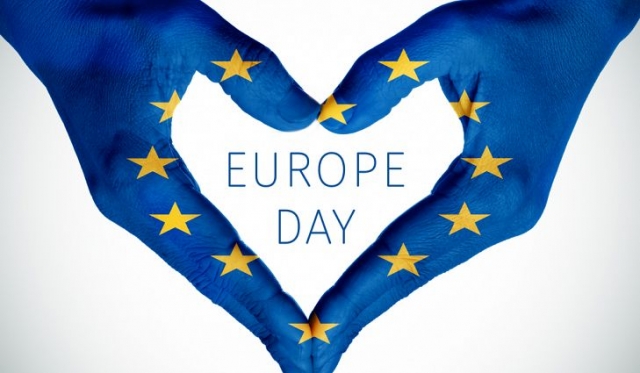 EUROPE DAY CELEBRATIONS - EU SYMBOLS AND TURKEY
EUROPE DAY CELEBRATIONS - EU SYMBOLS AND TURKEY
Teoman Ertuğrul TULUN 17.05.2019 -
 MESUT ÖZIL’S RESIGNATION STATEMENT UNVEILS THE OPEN SECRET OF LATENT RACISM AND BLATANT DISCRIMINATION IN GERMANY
MESUT ÖZIL’S RESIGNATION STATEMENT UNVEILS THE OPEN SECRET OF LATENT RACISM AND BLATANT DISCRIMINATION IN GERMANY
Teoman Ertuğrul TULUN 07.08.2018 -
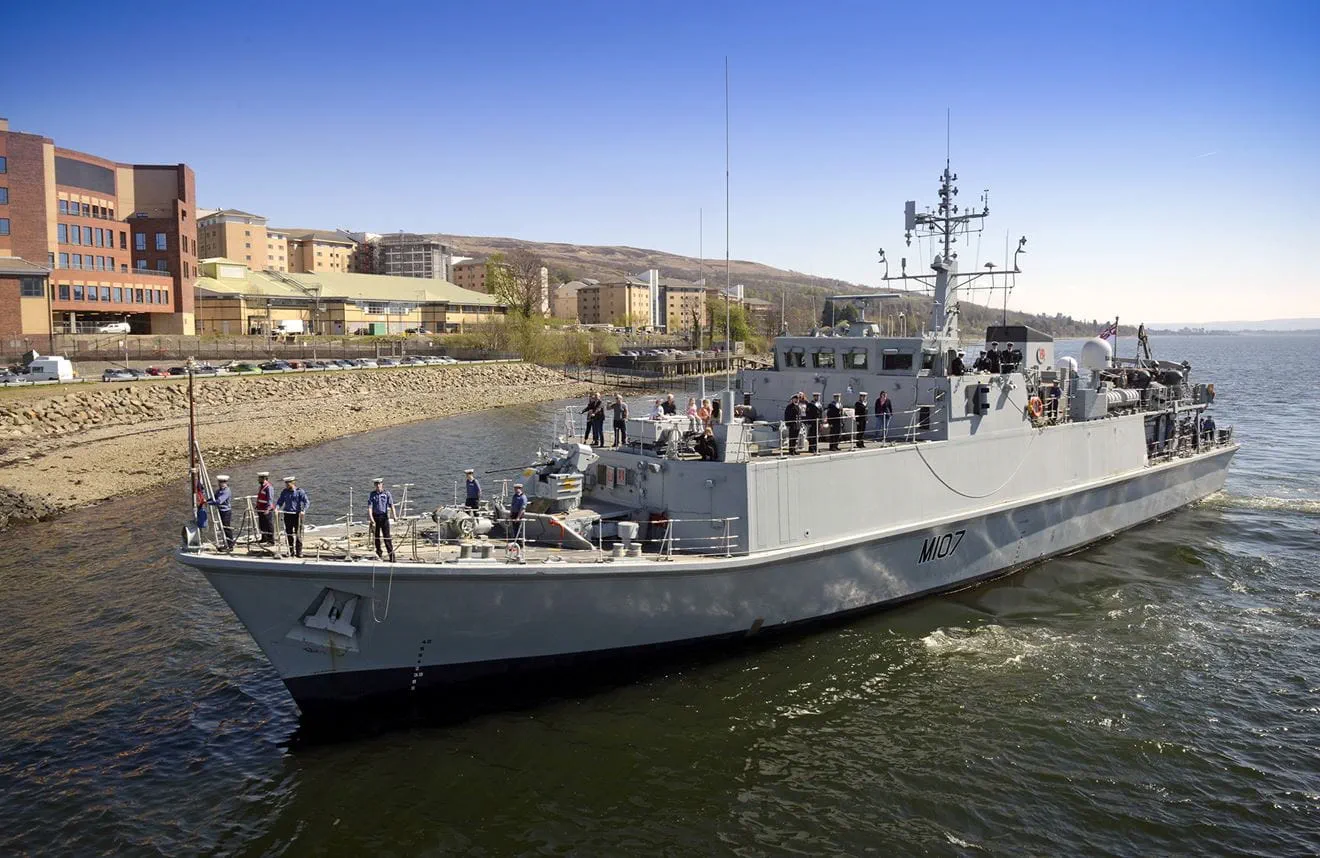 CAREFUL MANAGEMENT OF THE IMPLEMENTATION OF THE 1936 MONTREUX CONVENTION IN A DIFFICULT AND CHANGING GEOPOLITICAL ENVIRONMENT OF THE BLACK SEA
CAREFUL MANAGEMENT OF THE IMPLEMENTATION OF THE 1936 MONTREUX CONVENTION IN A DIFFICULT AND CHANGING GEOPOLITICAL ENVIRONMENT OF THE BLACK SEA
Teoman Ertuğrul TULUN 18.01.2024 -
 REASSESSING ARMENIA’S CONSTITUTIONAL ALIGNMENT WITH INTERNATIONAL NORMS
REASSESSING ARMENIA’S CONSTITUTIONAL ALIGNMENT WITH INTERNATIONAL NORMS
Teoman Ertuğrul TULUN 20.09.2024 -
 EU’S CENTRAL ASIA STRATEGY 2019: BELATED AND SELF CENTERED
EU’S CENTRAL ASIA STRATEGY 2019: BELATED AND SELF CENTERED
Teoman Ertuğrul TULUN 11.07.2019
-
 THE 16TH BRICS SUMMIT REGARDING CHINA AND THE GLOBAL SOUTH
THE 16TH BRICS SUMMIT REGARDING CHINA AND THE GLOBAL SOUTH
Seyda Nur OSMANLI 26.12.2024 -
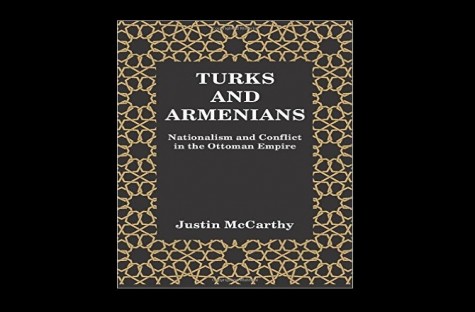 CHAPTER BY CHAPTER SYNOPSIS AND REVIEW OF TURKS AND ARMENIANS: NATIONALISM AND CONFLICT IN THE OTTOMAN EMPIRE BY JUSTIN MCCARTHY - 3
CHAPTER BY CHAPTER SYNOPSIS AND REVIEW OF TURKS AND ARMENIANS: NATIONALISM AND CONFLICT IN THE OTTOMAN EMPIRE BY JUSTIN MCCARTHY - 3
Seher ÇELEN 22.10.2015 -
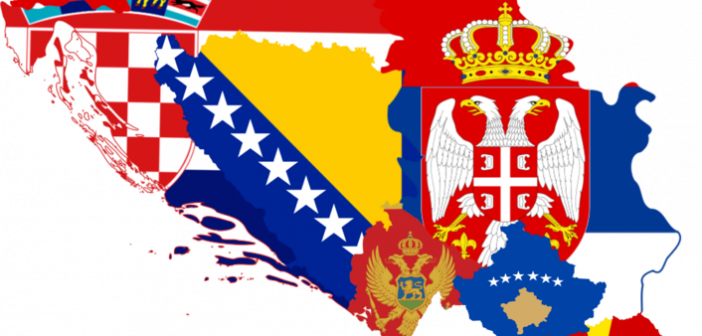 THE SPECTER OF RENEWED ARMED CONFLICTS IN THE BALKANS
THE SPECTER OF RENEWED ARMED CONFLICTS IN THE BALKANS
Teoman Ertuğrul TULUN 14.02.2017 -
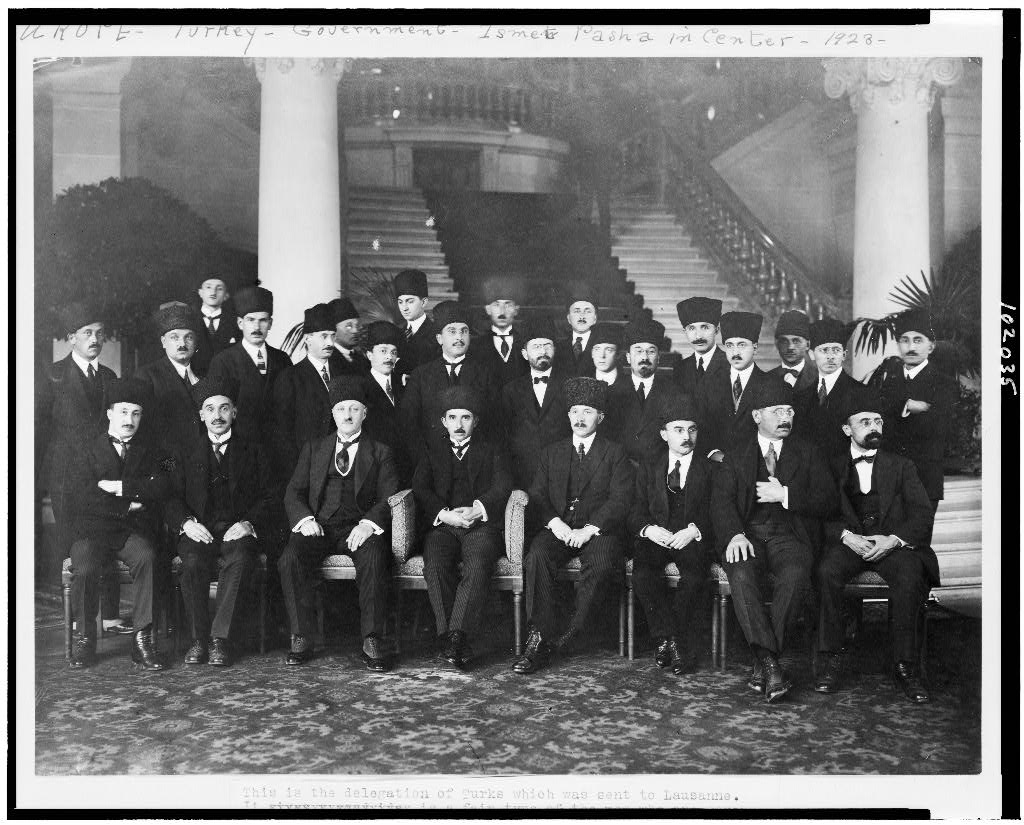 PEACE TREATY OF LAUSANNE AND THE END TO ARMENIAN ASPIRATIONS
PEACE TREATY OF LAUSANNE AND THE END TO ARMENIAN ASPIRATIONS
Teoman Ertuğrul TULUN 22.07.2016 -
 ARMENIAN TERRORISM BEGINS TO SHOW ITS FACE AGAIN - 2
ARMENIAN TERRORISM BEGINS TO SHOW ITS FACE AGAIN - 2
Hazel ÇAĞAN ELBİR 15.03.2021
-
25.01.2016
THE ARMENIAN QUESTION - BASIC KNOWLEDGE AND DOCUMENTATION -
12.06.2024
THE TRUTH WILL OUT -
27.03.2023
RADİKAL ERMENİ UNSURLARCA GERÇEKLEŞTİRİLEN MEZALİMLER VE VANDALİZM -
17.03.2023
PATRIOTISM PERVERTED -
23.02.2023
MEN ARE LIKE THAT -
03.02.2023
BAKÜ-TİFLİS-CEYHAN BORU HATTININ YAŞANAN TARİHİ -
16.12.2022
INTERNATIONAL SCHOLARS ON THE EVENTS OF 1915 -
07.12.2022
FAKE PHOTOS AND THE ARMENIAN PROPAGANDA -
07.12.2022
ERMENİ PROPAGANDASI VE SAHTE RESİMLER -
01.01.2022
A Letter From Japan - Strategically Mum: The Silence of the Armenians -
01.01.2022
Japonya'dan Bir Mektup - Stratejik Suskunluk: Ermenilerin Sessizliği -
03.06.2020
Anastas Mikoyan: Confessions of an Armenian Bolshevik -
08.04.2020
Sovyet Sonrası Ukrayna’da Devlet, Toplum ve Siyaset - Değişen Dinamikler, Dönüşen Kimlikler -
12.06.2018
Ermeni Sorunuyla İlgili İngiliz Belgeleri (1912-1923) - British Documents on Armenian Question (1912-1923) -
02.12.2016
Turkish-Russian Academics: A Historical Study on the Caucasus -
01.07.2016
Gürcistan'daki Müslüman Topluluklar: Azınlık Hakları, Kimlik, Siyaset -
10.03.2016
Armenian Diaspora: Diaspora, State and the Imagination of the Republic of Armenia -
24.01.2016
ERMENİ SORUNU - TEMEL BİLGİ VE BELGELER (2. BASKI)
-
AVİM Conference Hall 24.01.2023
CONFERENCE TITLED “HUNGARY’S PERSPECTIVES ON THE TURKIC WORLD"









